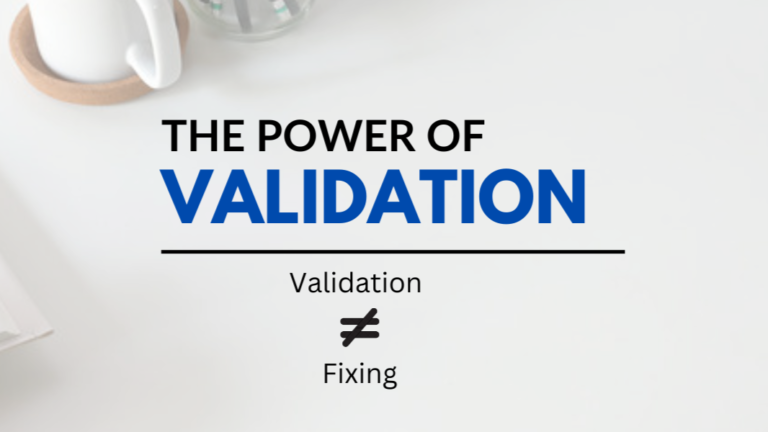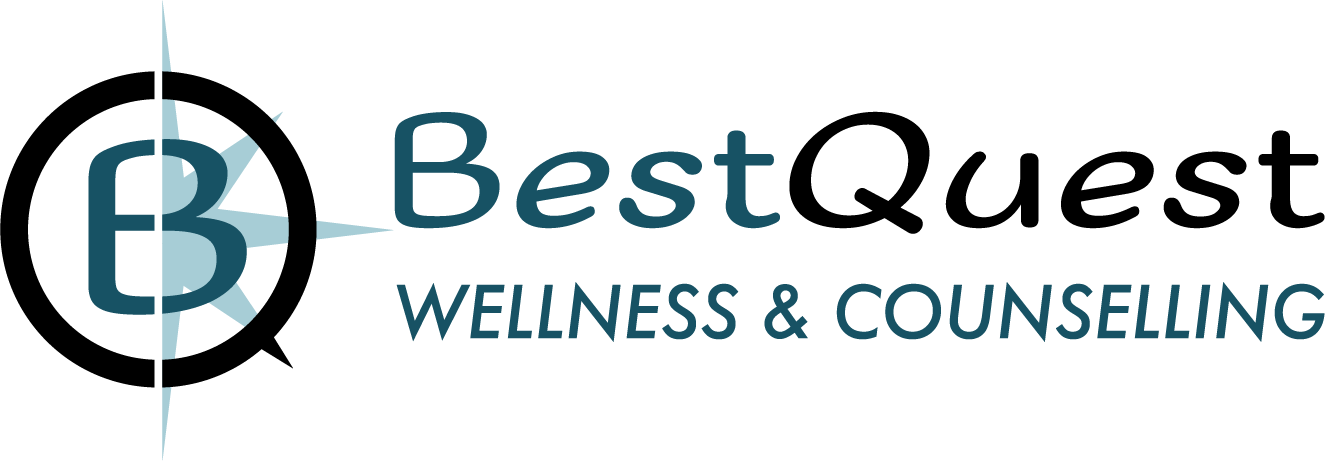Life transitions are the times when we have significant changes in our lives that require us to reevaluate and learn how to adapt to new circumstances. Change happens for all of us at various points …
Transitions Therapy – Navigating Life Changes with Support
What Are Life Transitions
Life transitions are the times when we have significant changes in our lives that require us to reevaluate and learn how to adapt to new circumstances. Change happens for all of us at various points throughout our lives so life transitions are an inevitable part of living. These transitions are often challenging to navigate, and can cause high levels of stress, anxiety and a sense of not being able to cope. Even life transitions that are welcome inevitably have a significant impact on our lives and require readjustment.
Types of Transitions
Many transitions are related to the stage of life we are at. These include:
- Moving out of home (becoming independent)
- Moving in with a partner (making decisions together, combining different values)
- Having a child/deciding to have a child (more responsibility, changed family dynamics, sleep deprivation)
- Going back to school/rejoining workforce (cultural changes, adjusting to new lifestyle, managing changes in tech and age gaps with peers/coworkers)
- Changes in ability or identity (injury, disability, mobility)
- Entering empty nesting (grief, loss and readjustment)
- Menopause (managing annoying symptoms)
- Retiring (loss of sense of purpose, finding new interests)
- Aging (reduction of energy and well-being)
- Death (fear of pain and saying goodbye to loved ones)
These changes influence our sense of self and who we are in the world. Claiming a new sense of identity requires some processing.
Some transitions are anticipated such as:
- Getting a new job (adapting to new colleagues, policies and work environment)
- Getting married (sharing a home, making decisions together, conflict resolution)
- Entering a Stepfamily (adjusting to more complex family dynamics)
- Moving house (packing and unpacking, new neighbours and neighbourhood)
- Moving to a different town, city or country (lack of familiarity with new surroundings)
- Gender Identity change (transitioning, expressing your new identity)
These changes are often all-encompassing so although we knew they were coming, they have a huge impact on multiple aspects of our lives. These anticipated transitions foster learning and development. While they are often based on choice and so can be changes that we wanted to make, it is still a stressful process learning to adapt to them.
Others transitions are unanticipated such as:
- Suddenly losing a job or redundancy (loss of professional identity, financial stress)
- Miscarriage (grief, sense of inadequacy)
- Infertility (loss of a dream)
- Ending of a relationship (insecurity, uncertainty)
- Having an accident (shock, hospitalization, healing)
- Becoming disabled (accepting the loss, learning how to manage)
- A loved one dying suddenly (grief, shock)
- A diagnosis of cancer or other serious illness (disruption, fear, medical intervention)
These changes that we don’t see coming can hit harder. They can lead to anxiety over future life plans or depression due to unexpected loss.

Impacts of Life Transitions
Transitioning into a significant change in life is usually demanding and unsettling. Even when a transition is something you want – it involves adaptation to a new lifestyle. Life transitions can affect us both positively and negatively. Potential positive impacts include:
- Advantages of new life circumstances that fit what you want for yourself
- Acquisition of new skills that you develop while adapting to your new situation
- Strengthened relationships as a result of family and friends supporting you
- Evaluation of past choices and increased clarity around personal values e.g. knowing what you need in a new partner after separating from a previous partner
- Experience in preparing for future transitions
Other transitions are more difficult and can have negative impacts which may include:
- Fear of uncertainty
- Loneliness or insecurity
- Low self-esteem
- Anxiety
- Depression: (as can occur with postnatal depression, or grief around losses)

Tips for Managing Life Transitions
While life transitions can be overwhelming, knowing how to control them can help promote overall well-being. There are several ways in which we can support ourselves while going through transitions. Some of these include:
- Lean in to your Support System: Ask for help! It makes it all easier. Whatever change you are experiencing, find a friend, a family member, an online community or a Counsellor to support you. You’ll feel more understood and less overwhelmed.
- Remember your Goals and Values: If you have chosen this transition, know that you are intentionally heading in the direction you want to be going in. Rise to the challenge and remain optimistic about your choices. If the transition is unexpected, accept what you cannot change and do what you can to embrace the change within the framework of your goals and values.
- Use Self-Care, Self-Compassion and Mindfulness: Keep up with your regular exercise, nutrition and sleep habits. And try to use stress-reducing activities like yoga, meditation, mindfulness, to ensure well-being. Most of all, be kind to yourself!
What is Transitions Therapy?
Transitions therapy is the process of a Counsellor being there with a client as they venture into unknown territory with deep feelings of uncertainty about their life changes. It is comforting to know that your Counsellor has experience in this work and you don’t have to be alone while you adapt to these changes.
The goal your Counsellor will be holding in mind is to support you in managing your emotional and behavioural responses to the challenging life changes you are experiencing. They can guide you in learning the coping skills you will need to navigate through turbulent periods and find your way to settling into your new life circumstances. It can be a lonely and isolating time and your Counsellor can encourage you to remain mindful of your thoughts and feelings throughout this new phase of life and can support you in building the strength and resilience you need to integrate this change and get to a place of acceptance and confidence.
When should you see a Life Transitions Counsellor?
You don’t need to be experiencing a crisis to benefit from life transitions counselling. Many people seek help at these times in their lives as Counsellors can provide support in adjusting to changes that may feel overwhelming. This is especially true for transitions that involve changes that are outside of our control. It is easy to lose one’s objectivity in the midst of major life changes and it can be comforting to have the support of an objective Counsellor. Coping mechanisms that you develop through the process of counselling will be a sound investment in adapting to other transitions that you will experience later in life.
Some signs that it may be the right time for you to seek help are:
- Feeling overwhelmed or hopeless about moving forward
- Levels of anxiety and stress that are interfering with productivity
- Sleep problems that relate to your transition
- Lack of support from others in coping with your new situation
Benefits of Life Transition Counselling
You are unique and I want to help you find what works best for you. I will consider your circumstances and provide the guidance and support that is most relevant to what you are experiencing. I have a range of models to draw from in order to find the best approach for your personal situation. These include:
Cognitive Behavioural Therapy (CBT): Used to help assess thinking patterns and behaviours that interfere with growth and development. Works towards setting specific goals.
Interpersonal Therapy: Used to consider how you can strengthen your relationships so you can elicit more support from your social network.
Internal Family Systems: This newer model involving “Parts Work” helps to ascertain which parts of you are supporting your transitions and which ones may be holding you back, in unhelpful thought patterns, behaviours, or ways of relating. We work together to strengthen your supportive parts, and to quieten the others.
Narrative Therapy: This is a modern therapeutic approach developed in Australia. It is grounded in client-centered therapy and is in one sense similar to more traditional approaches such as Adlerian and Gestalt therapy. Unlike other approaches though, in Narrative therapy the “problem” is understood to be external to the client.
Life transition counselling offers many benefits to those experiencing emotionally challenging life events and can help to navigate these events smoothly. Some of these benefits are:
- Emotional Support During Change: Counselling provides a safe space to express your feelings and receive emotional support. Hearing objective feedback from your Counsellor can also generate hope.
- Develop coping strategies: Counselling helps you develop coping strategies to manage your emotions and approach the transition with a sense of calm and clarity.
- Clarifying Goals and Direction: Counselling helps you to choose decisions that fit with your values. It also clarifies your strengths and resources and strengthens your sense of self.
- Building Confidence and Resilience: Traversing life transitions builds confidence and resilience which is a good investment in managing future changes.
- Increased Self-Awareness: Helps you to reflect upon your responses to your new experience and develop greater self-understanding and compassion.
- Navigate important relationships: Helps reduce relational conflict and elicit more support.
- Become grounded and calm: Promotes use of mindfulness to regain your centeredness.
The goal of life transitions therapy is to help you develop the clarity and resilience you need to navigate the significant changes in your life. It provides you with skills and strategies to make the changes that fit with your life goals. We are all faced with changes (both expected and unexpected) over time and how we manage these affects our overall quality of life. I have experience supporting adult clients of all ages through various types of life transitions. I would welcome the opportunity to help you find meaning and hope as you claim the life you really want for yourself.
Michael Indermaur, RCC, MACP
Michael is an integrative, interpersonal therapist focused on life transitions, relationships, and identity. He can be contacted at: info@bestquestwellness.ca
External links:
Adjusting to Life Transitions on GoodTherapy
Dr Khoddam from the Addiction Connection: 8 Ways to Cope with Transitions







